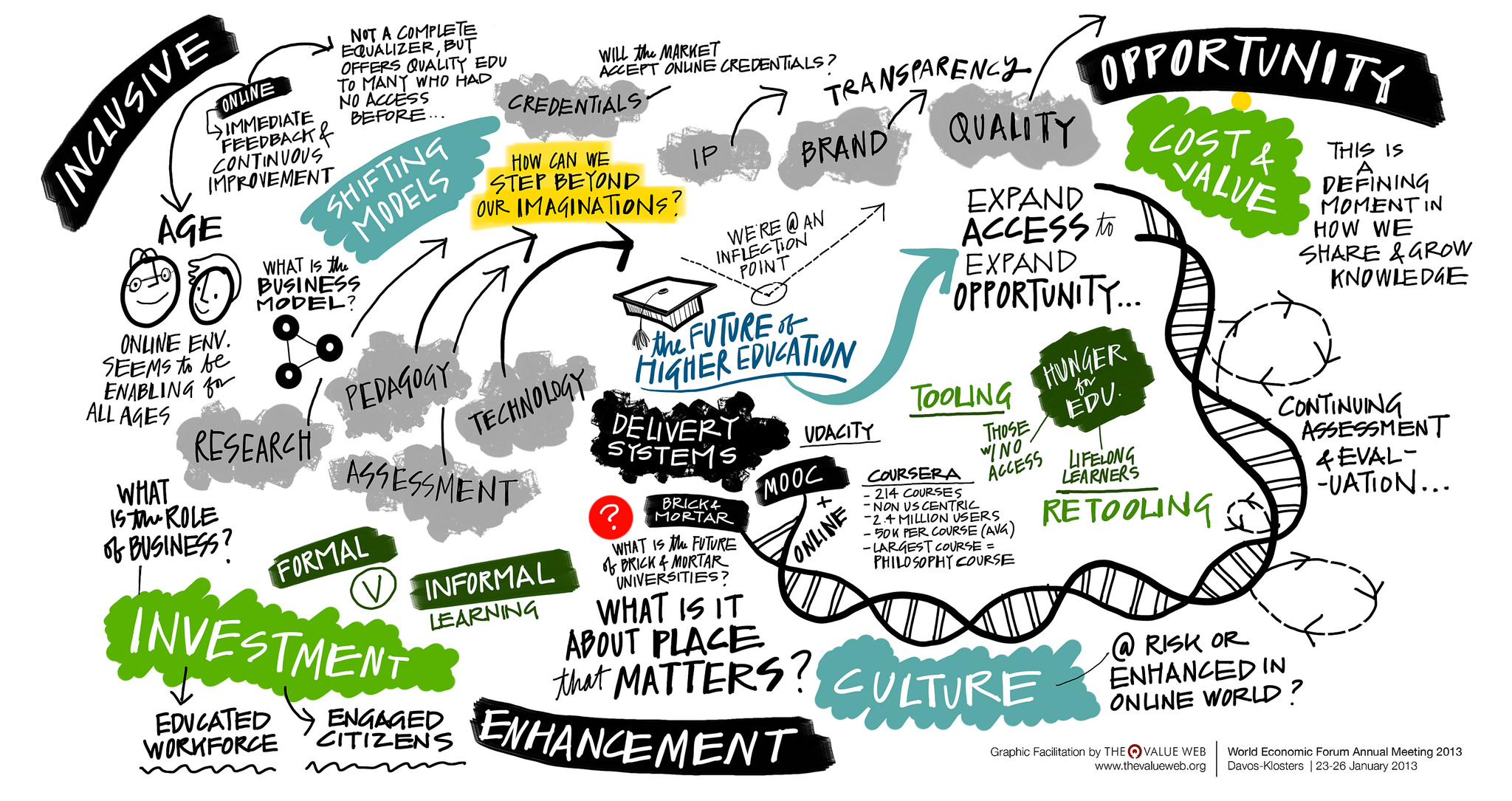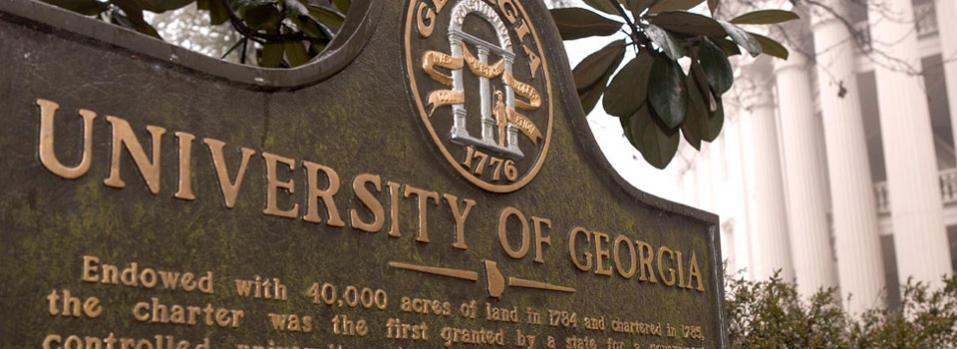By: Emily Kopp

“A new degree of intellectual power comes cheap at any price.”
So said Ralph Waldo Emerson in a treatise extolling the “ripest results” of universal public education for even the dingy, dusty-footed classes.
Emerson’s vision of education as a public good that encourages democracy and staves off superstition sounds pleasant. But it probably doesn’t stand up in today’s college market – characterized by cutthroat competition, Coca-Cola sponsored football, and that behemoth of profitability, the Princeton Review.
Indeed, the Georgia legislature annually pushes the boundaries of Emerson’s “any price” hyperbole, cutting deeper and deeper into the education slice of the budgetary pie each year. Like a petulant five -year-old smearing Motts-covered fingers all over his mom’s cellphone to play the eighth game of “Candy Crush,” state politicians make no bones about testing limits.
Higher education funding from public coffers has dipped steadily since the 2007 financial crisis, lagging enrollment, according to a study by the Georgia Budget and Policy Institute.
Meanwhile lawmakers desperately skirt capping HOPE Scholarship dollars on household income, a fiscally prudent but politically toxic policy. The urban legend about wealthy families reinvesting HOPE-subsidized college savings accounts into BMWs has been statically confirmed. Still the Gold Dome insists on across-the-board cuts in its efforts for solvency, which stresses low income students the most. If you listen carefully, you can hear the Beamers humming across campus. But that opulent chorus requires many students to surrender their meal plan tickets, or forsake UGA for a less prestigious, more affordable school.
The state’s flagship institution has answered this crisis by upping tuition apace. University of Georgia President Jere Morehead said he prefers HOPE unaltered. “I think they’ve gotten it right in Atlanta,” he told the Red & Black.
At UGA, few needs-based scholarships are offered. At the same time, the Foundation Fellowship offers generous compensation, including grants for global jet setting, to the most impressive students in the state without regard for need. These students often earn the university prestige in the form of highly competitive scholarships, like the Truman or the Rhodes.
Morehead could be motivated by more than saving political face. This approach helps the bottom line.
A ProPublica investigation revealed that nationwide, four-year state schools use “financial-aid leveraging” to compensate for dwindling state allocations. A shrinking portion of university-sponsored grants reach the pockets of needy students from the lowest earning quartile of households. Meanwhile, schools offer mid-sized grants to reel in middle class students who can afford to fork over the remainder. The investigation found that state universities dedicated the biggest share of scholarships to students on the very narrow, highest-achieving wing of the bell curve, like Foundation Fellows, to inflate rankings.
The “ripe result?”
Low income, minority students at the margins often “under-match” – attend a safety school for which they are overqualified. The process filters the student bodies of selective universities into populations homogenous in life experiences and race.
At UGA, only 7 percent of students identify as African American, while 74 percent identify as white.
Former president Michael Adams said in 2012 that a well-publicized push to diversify the student body was hurt by unforeseen strain on financial aid after the 2007 crisis, as Leighton Rowell reported in Georgia Political Review.
“The public universities in general, and the land grants in particular, are moving away from their historical mission to serve a broad swath of families across the state,” Donald Heller, dean of Michigan State University’s College of Education, told the New York Times.
To a generation who grew up watching a black “Power Ranger” and reelected a black president, a generation told hard work rewarded a college degree, squeezing minorities out of higher education should seem anachronistic.
Then again, as a generation saddled with student debt that annually outgrows last year’s “highest ever” record pile, maybe we’re unaccustomed to thinking of higher education as a public good, a rite of passage for the smart and diligent. Maybe we coldly consider college an expensive investment, and a risky one at that.
Emerson’s call for self-betterment rings hollow when you’re wiping down bars with a dirty rag, cobbling together 15 percent premiums on plates of barbecue to pay down the astronomical tuition on your English degree.
Indeed, the business of higher education has changed since Emerson’s day; “business” now crowds out “education.”


